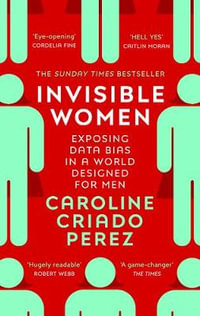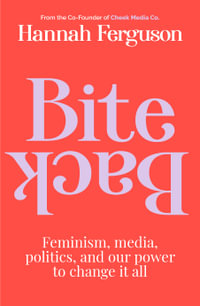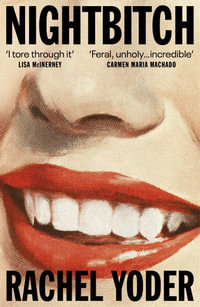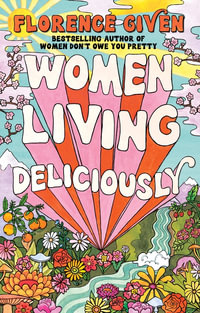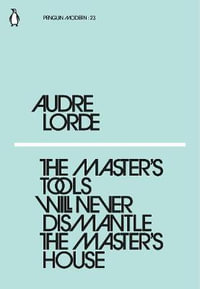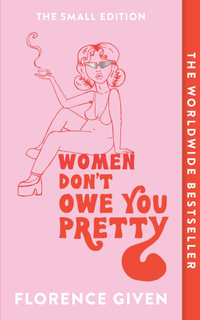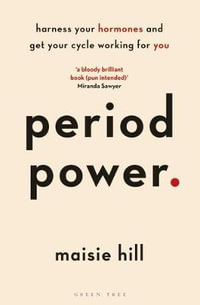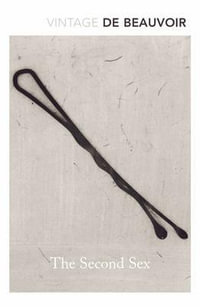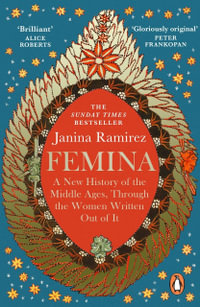
Feminism, Pedagogy and the Studio
Reflections Across Four Decades
By: Griselda Pollock
Paperback | 29 April 2025
At a Glance
Paperback
$38.74
or
Available: 29th April 2025
Preorder. Will ship when available.
ISBN: 9781915609663
ISBN-10: 1915609666
Series: Scratching the Surface
Available: 29th April 2025
Format: Paperback
Language: English
Number of Pages: 120
Audience: General Adult
Publisher: RANDOM HOUSE US
Dimensions (cm): 0.1 x 0.1 x 0.1
Shipping
| Standard Shipping | Express Shipping | |
|---|---|---|
| Metro postcodes: | $9.99 | $14.95 |
| Regional postcodes: | $9.99 | $14.95 |
| Rural postcodes: | $9.99 | $14.95 |
How to return your order
At Booktopia, we offer hassle-free returns in accordance with our returns policy. If you wish to return an item, please get in touch with Booktopia Customer Care.
Additional postage charges may be applicable.
Defective items
If there is a problem with any of the items received for your order then the Booktopia Customer Care team is ready to assist you.
For more info please visit our Help Centre.
You Can Find This Book In
This product is categorised by
- Non-FictionArts & EntertainmentHistory of Art & Design Styles
- Non-FictionArts & EntertainmentArt Treatments & SubjectsIndividual Artists, Art Monographs
- Non-FictionSociety & CultureSocial Issues & ProcessesFeminism & Feminist Theory
- Non-FictionArts & EntertainmentGeneral Issues in ArtTheory of Art
- Non-FictionArts & EntertainmentGeneral Issues in Art

